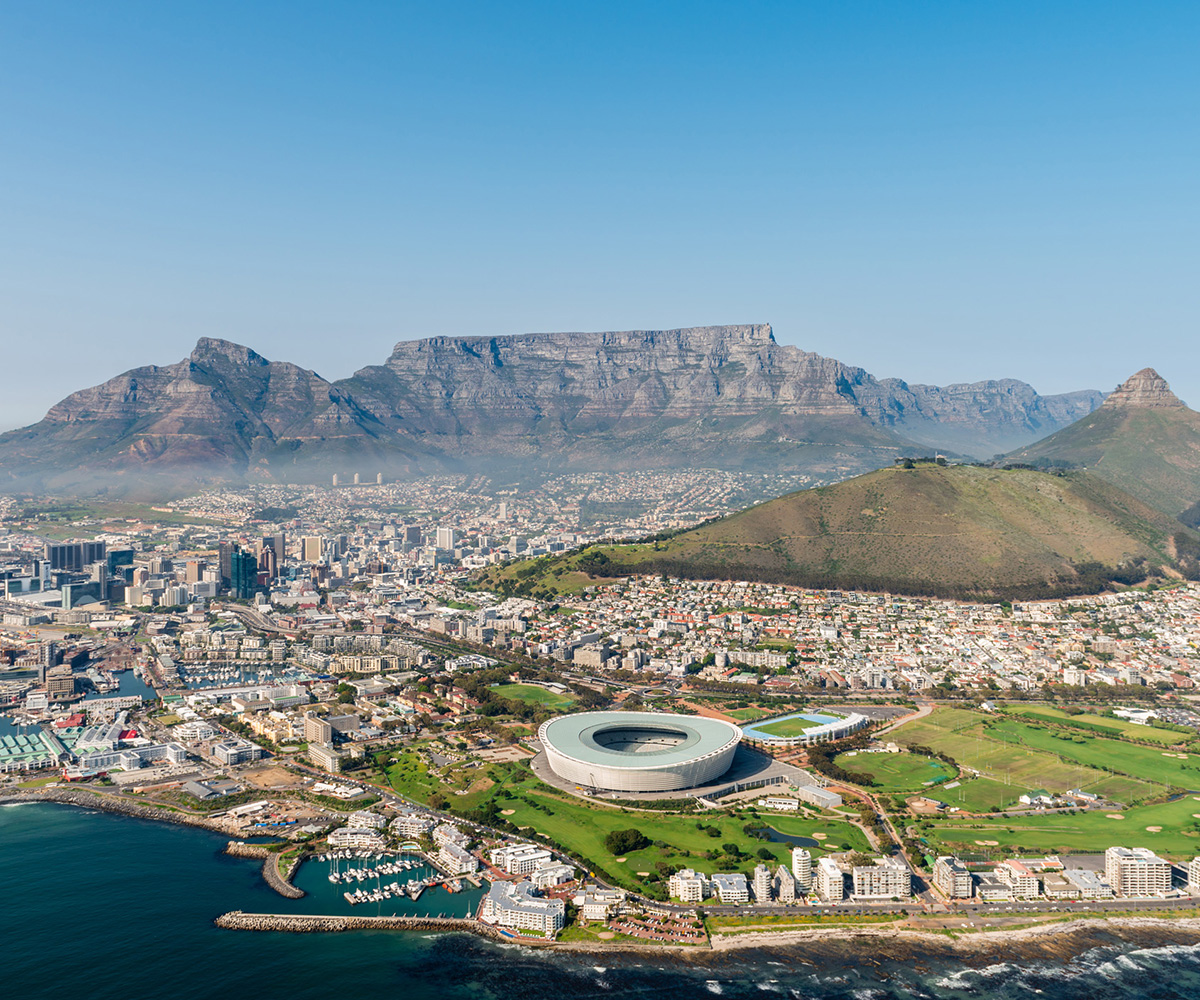
We provide immigration in all over country and universities.

Officially known as the Republic of South Africa (RSA), South Africa is the southernmost country on the African continent. The country covers 1.2 million square kilometres, making it the 25th largest country in the world. South Africa is home to almost 58 million people, and is referred to as the ‘rainbow nation’ due to the country’s diversity. South Africa is built upon its long and complex history, which has influenced its outlook as a modern country.
Since a reform, which began in 2004, South African higher education institutions have been improving. Their universities have been consistently keeping up with the increasingly high standards for higher education systems. More than 45,000 international students choose to study in South Africa each academic year. There are 26 public universities, and 42 private universities. Public universities are split into three distinct types.
Traditional universities offer theoretically focused degrees, universities of technology (also known as technikons) offer vocationally focused degrees, and comprehensive universities offer both types of degrees.
There are 4 South African universities in the 2023 QS World University Rankings top 500. The highest ranked of these is the University of Cape Town, which is placed at =237th. The next highest ranked are the University of Johannesburg, which is placed at =412th, and the
University of Witwatersrand, which is placed at 434th.
Since the end of Apartheid in 1994, South Africa has worked hard to become an ethnically diverse country. All ethnic and linguistic groups have held political representation in the country’s liberal democracy. The Republic of South Africa has 11 different official names, one in each of its official languages. These official languages include Zulu, Xhosa, Afrikaans, and Swazi, as well as 7 others.
South Africa contains some of the oldest archaeological and human-fossil sites in the world. An area of Gauteng Province is a UNESCO World Heritage Site and has been dubbed the ‘Cradle of Humankind’. The country is considered megadiverse, due to its biodiversity and commitment to maintaining and improving this biodiversity. South Africa has a temperate climate, and is surrounded by the Atlantic and Indian Oceans.
The majority have suffered alteration in some form, by injected humour, or randomised words which don’t look even more slightly believable. If you are going to use a passage of Lorem Ipsum, you need to be sure there isn’t anything embarrassing hidden in the middle of text all the generators on the Internet.
As an international student, you will need to obtain a student visa in order to study in South Africa. Your university will not be able to register you as a student until you have a valid visa. You will need to apply for a visa at your nearest South African embassy, consulate or high commission. You can only apply for a student visa once you have received a conditional offer from a South African institution. You will then need to complete the BI-1738 application form, and provide several other supporting documents:
The currency used in South Africa is the South African Rand (ZAR).
The tuition fees you are expected to pay will depend on more than one variable. The first variable is your home country. If you are from a Southern Africa Development Community (SADC) member country, then you will pay the same tuition fees as native South African nationals. If you are from any other country, you will pay an international student fee. The second variable is the specific university you choose to study at. Each institution is able to set their own tuition fees, and fees are not dictated by the government or a governing body. Your tuition fees will likely be between R35,000 and R110,000 per year for an undergraduate degree. They will typically be between R20,000 and R75,000 per year for a postgraduate degree. For specialist degrees, such as medicine degrees or MBA, fees will most likely be higher. You may be eligible for a scholarship, normally awarded for academic excellence or financial hardship. Contact your institution for more information about what funding they can offer you.
The cost of living in South Africa is less expensive, when compared to other study destinations such as the US or the UK. You should still be aware that your living costs will be dependent on the area in which you choose to study. Bigger cities will be more expensive than smaller cities and towns. Typically, you should budget for between R90,000 and R120,000 per year. This accounts for rent, utilities, groceries, travel, and other necessary expenses. It is important that you can show evidence that you have sufficient funds for tuition fees and living costs as part of your visa application.

The process of studying in Africa is not very complicated. You just need to follow a stepwise procedure. The steps you need to follow are mentioned below:
Click one of our contacts below to chat on WhatsApp